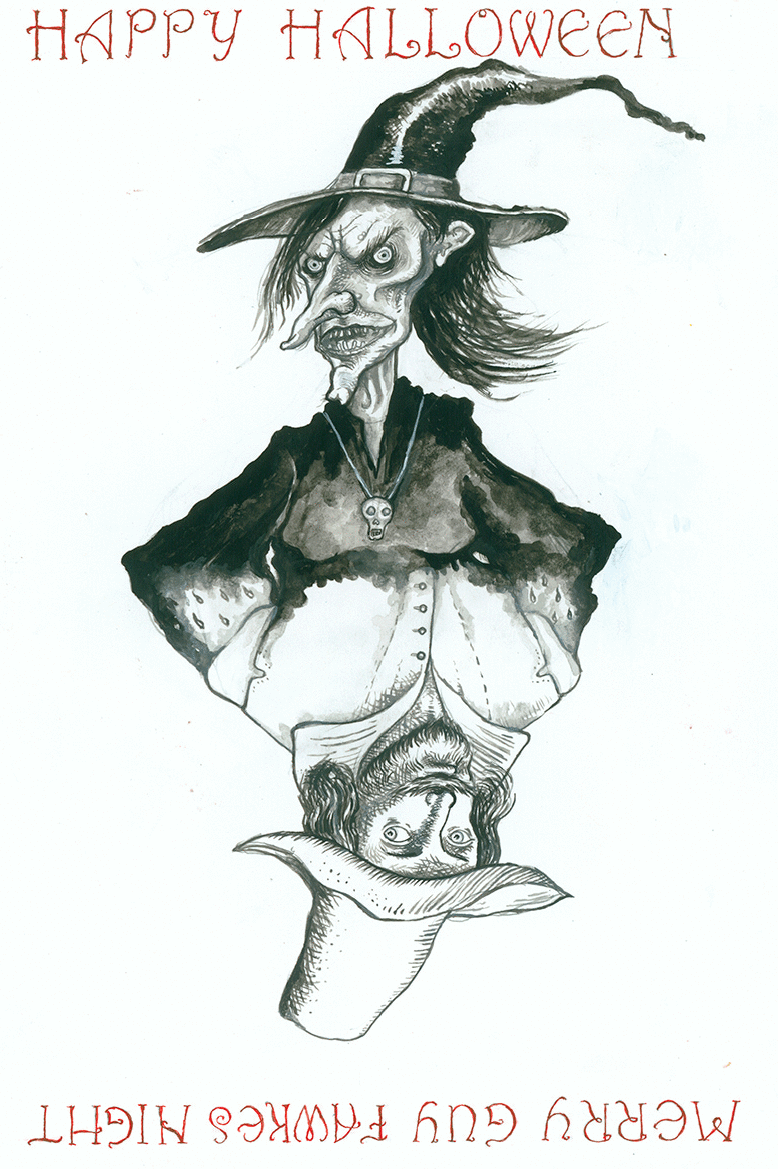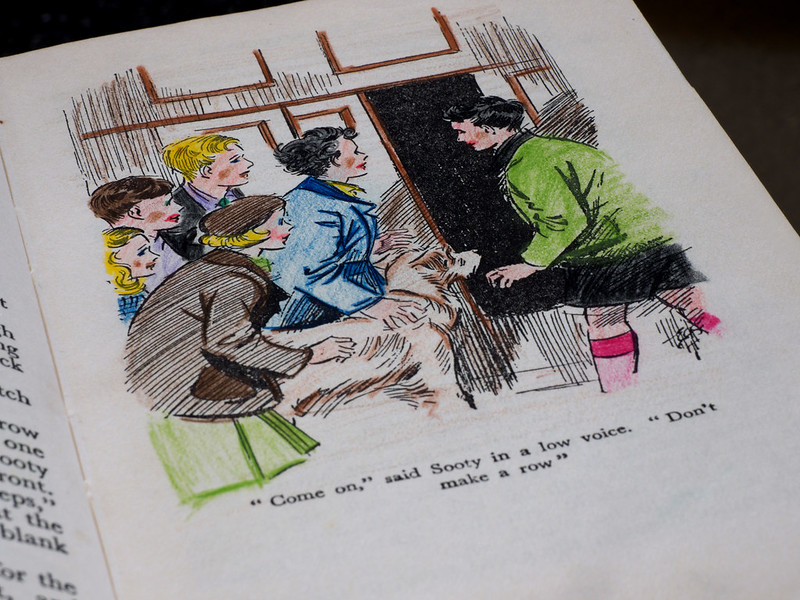Books & Culture
Remember, Remember the 5th of November
Contemplating the death of a terrorist on Guy Fawkes Day

Every Guy Fawkes night of my English childhood, we burned someone. A fake person, a dummy, a scarecrow, a guy, a Guy. We made him out of our fathers’ old clothes, or our own, or our elder brothers’; we stuffed him with autumn leaves or rags, gave him stick armatures, made him a face. Then we put him on a bonfire. We stayed out late, and when the bonfire had burnt down, we ate potatoes — half raw, with scorched skin that tasted better than anything — cooked in its embers.
I remember feeling, as the shadows of my friends danced in the dark, that anything might happen. I had seen Madame Tussaud’s waxwork of crouching Fawkes (that was the key thing for me, the crouch) and was terrified of him, the wax face alive and not-alive at the same time. The creature came to me in nightmares in his tall hat and his dead eyes, the bogeyman. I watched my guy burn with sadness, horror, a certain glee.
A fellow named Robert Catesby was the chief mind behind the Gunpowder plot, but it is Guy Fawkes everyone remembers. He was found on November 5, 1605 in a cellar beneath the Houses of Parliament with thirty-six barrels of gunpowder. It was his aim (along with twelve other conspirators) to blow up Parliament during its State Opening and so murder King James I and the Prince of Wales and all the MPs and lords there present — the entire Protestant ruling establishment — and have a Catholic put on the throne.
Henry VIII had created the Anglican Church of England in 1534 and outlawed Catholicism, in a monumental sulk against the Pope for not allowing him to change wives. Fawkes was born a Protestant in 1570, but his widowed mother married a Catholic, and so Fawkes became Catholic, and then a Catholic activist. Fawkes — tall, muscular, with long reddish hair — found his way to Catholic Spain to fight the Protestant Dutch. Along the way he picked up an aptitude for explosives. He was the go-to gunpowder man, and in 1605 gunpowder was as bad as it got.
Everything was ready. Britain was about to hear an almighty bang. He crouched there in that cellar, waiting, waiting, matches in his pocket.
But the bang never came. Guy Fawkes, insisting his name was John Johnson, was found and taken to the Tower of London. For Fawkes to be tortured (torture was illegal in 1605) James I had to give a special license. There are two signatures given by Fawkes in the National Archives in London — one in a very wobbly hand, just after being racked, another a week later with clarity and strength. In both signatures Fawkes writes his first name as ‘Guido,’ the Italian, and so Catholic, version of his name. He was to be hung, drawn, and quartered. But Guy Fawkes cheated the crown: he leapt from the executioners’ scaffold and broke his own neck. And so the body that was hung, drawn, and quartered that day was already dead, and did not call out, as if it were a dummy. Even on that very first post-plot 5th of November people in England lit bonfires to celebrate the victory of the king.
And every year for 410 years now bonfires are built, guys are constructed, and fireworks made with gunpowder are set off. Sometimes Guy is the figure in flames, sometimes the Pope. This peculiar holiday used to be celebrated in America, but it died out by the nineteenth century. It could perhaps be called ‘Burn a Catholic Night,’ that jaunty national holiday.
It’s a holiday to celebrate the death of a terrorist. In England we tell the story every year through a chant:
Remember, Remember the Fifth of November
Gunpowder, treason and plot.
These words have an absolute magic to them, as if they can conjure the past, that the ghosts of history will come running when they are called. We recite these words to recall a piece of history, but at the same time these words can thrill us with fear. What, for example, would happen if we didn’t remember, would Parliament instantly explode? Would our own lives go up in flames? The command ‘Remember’ seems to be something of a threat.
Those Guy Fawkes nights of my childhood were strange, lawless, primal, pagan, a celebration of keeping order by allowing for one night a little hell to break loose. We could gather up all our fears and set light to them. In the morning they’d be there still waiting. Guy Fawkes, the bogeyman, is no longer a Catholic but he’s still among us. The bogeyman does not go away, we fear him very much these days.
Still, the holiday has grown a double meaning. For some people Fawkes is a hero and the fires and fireworks honor a man who tried to overthrow a bigoted government, the flames around the mannequin are a warning to the powerful not to persecute.
I was so haunted by Guy Fawkes’ Night that I have set the last chapter of the final volume of a very gloomy Victorian trilogy — about a family that can animate rubbish and dirt and construct fake people out of objects that other people throw away — around a plot to destroy Parliament. The story of the defeated Guy has never quite left me. Though now I live in Austin, Texas, where Guy Fawkes is not much talked about (these days I celebrate Halloween, which I never used to), I have tried to relive those English nights by sending imagined grotesques swarming into Parliament on February 8th 1876, the actual day that Queen Victoria attended the House of Lords for a State Opening. Until I finally reached the moment when the characters — real and imagined — were all amassed in the chamber, I had no idea what would happen, only when I was finally there in the story did I know whether this new gunpowder plot would be successful. As I wrote it I could almost feel the waxwork Guy twitching into life, and I could remember the chants of my childhood.
History is the account of what men do to each other. We tell these stories again and again, they are part of us, of who we are and where we come from, we are supposed perhaps to learn from them. Guy Fawkes died four centuries ago and yet he has lost none of his relevance as a character. There are, after all, only certain things men can do to each other — the actions are the same, it’s just the toys that change. It is impossible to forget the near miss of the 5th of November, and it is right that the remembrance of it leaves a bitter taste in the mouth, like the baked potatoes from the embers of my bonfire night childhoods: part pure white potato, part black ash.









